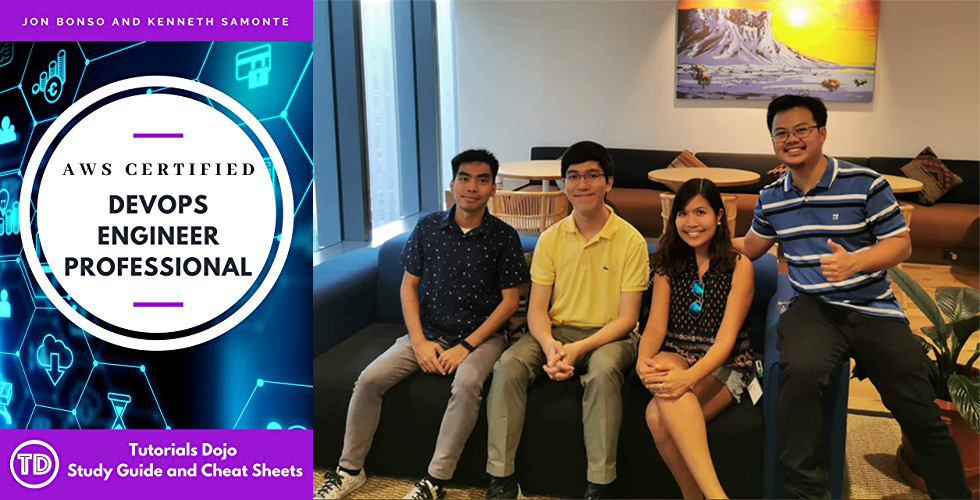Meet one of the SRPH DevOps engineers
As people become more dependent on online and mobile services due to the pandemic, service reliability has also become more crucial in providing a good user experience.
SRPH engineers help provide service reliability to Samsung services through continuously building and applying their expertise. In fact, one of our engineers had the opportunity to share his knowledge by authoring a book about DevOps.
Meet Kenneth Samonte
Kenneth Samonte is one of the leads in the SRPH service operations team, and he is involved in release engineering, automation, creating CI/CD pipelines, maintenance, monitoring, and logging systems for a major Samsung mobile service. He makes sure that the service works 24x7, 365 days a year.

Kenneth (3rd from the left) with his teammates
Kenneth has been tinkering with Linux servers since he was a university student, and he has been working with virtual servers since the start of his career. Through his experience, he was able to attain a lot of knowledge on AWS, Google Cloud, and DevOps, and he is now a certified AWS Solutions Architect and DevOps engineer.
The AWS Certified DevOps Engineer Professional Exam Guide
Since Kenneth is passionate about sharing his knowledge, he has written several blog posts and articles on DevOps on his website, and he saw that writing a book would be a good next step in this process. When the opportunity came to be a co-author of the book AWS Certified DevOps Engineer Professional Exam Study Guide, he grabbed it and took on the challenge.

(Left) Cover of Kenneth’s book
(Right) Kenneth (leftmost) with his co-author and the Tutorials Dojo team
The AWS Certified DevOps Engineer Professional Exam Study Guide is targeted to cloud engineers who work with AWS Cloud on a regular basis and want to take the leap forward and become AWS certified. The book contains concepts, scenarios, explanations, and exam tips that will greatly help engineers to pass the AWS DevOps Engineer Professional examination. The book is divided into 6 sections (Domains) that reflect the general topics outlined on the AWS certification website. It follows through with the required topics and gives concrete examples necessary to understand the concepts as needed on the exam.
What’s special about this book is that the authors have written sections of the book explaining these concepts as simply as they can, in such a way that it is like following a person’s thought process. Kenneth and his co-author wanted the book to be technically comprehensive while being easy for others to read and follow.
Juggling work and writing a book
According to Kenneth, there were of course some difficulties while writing the book as he is also busy with his development project, but due to his determination, he was able to achieve a major personal goal.
Also, SRPH has enabled him to achieve a work-life balance that allowed him the time and resources to do his research and explore new technologies, and he was also provided with a good work environment and a supportive team to maximize his potential.
